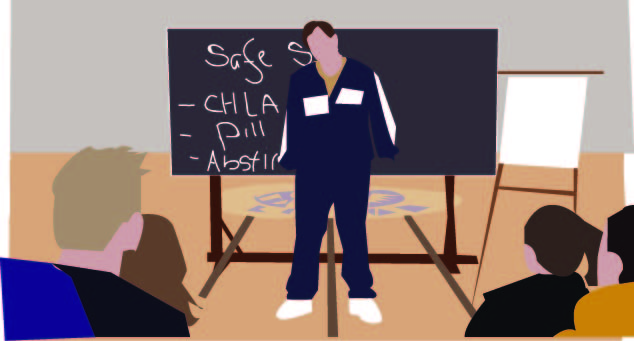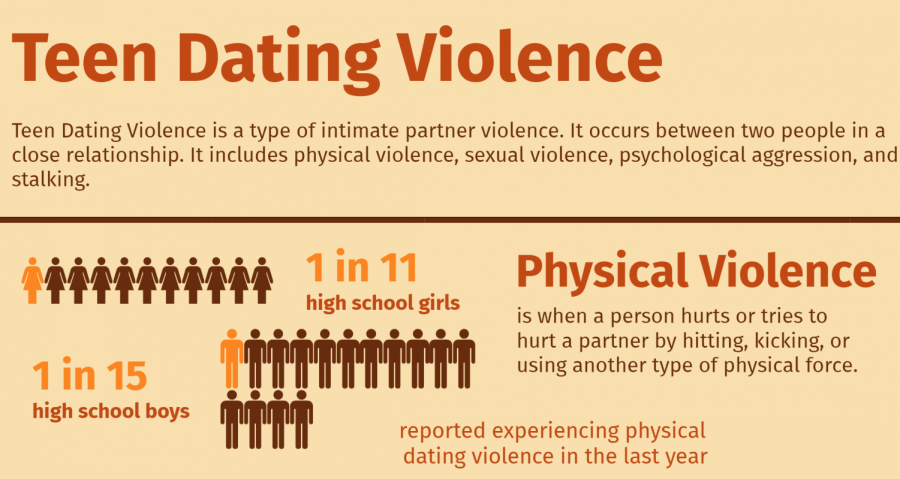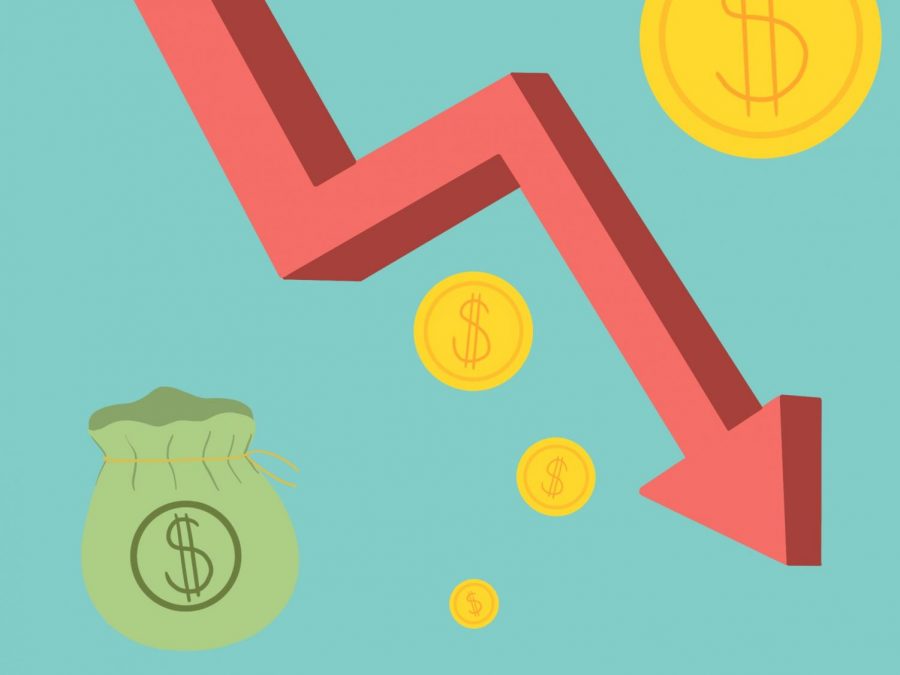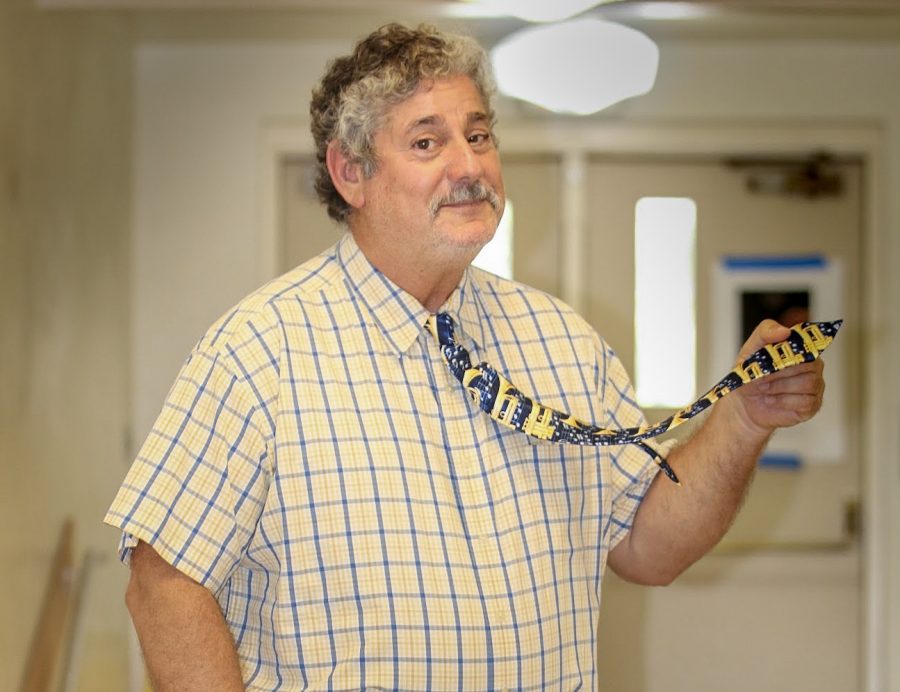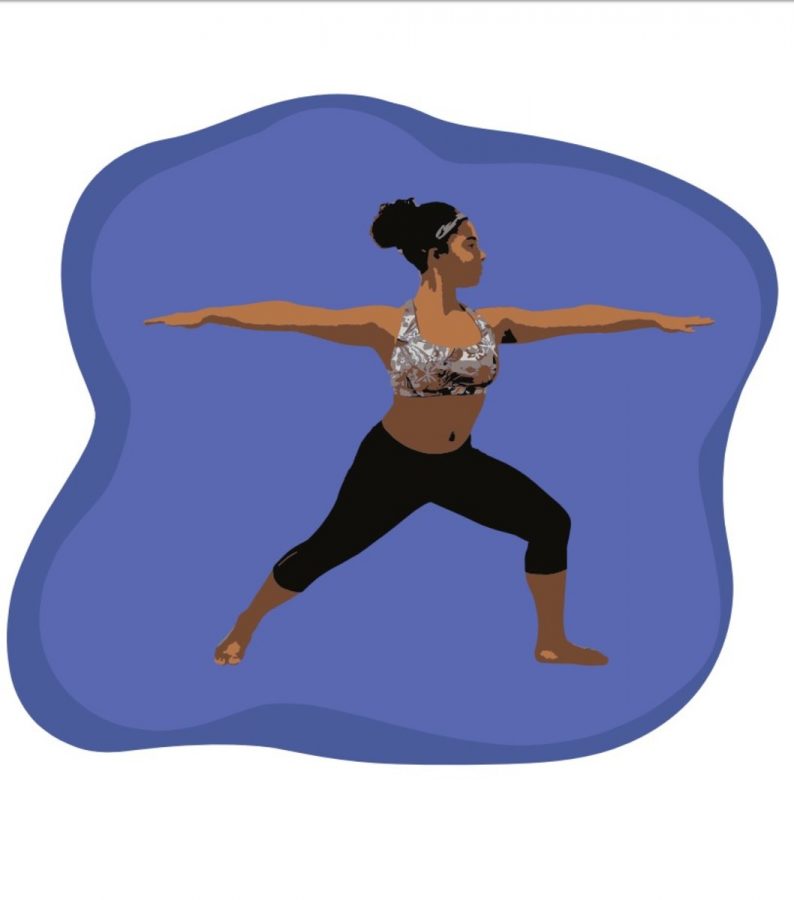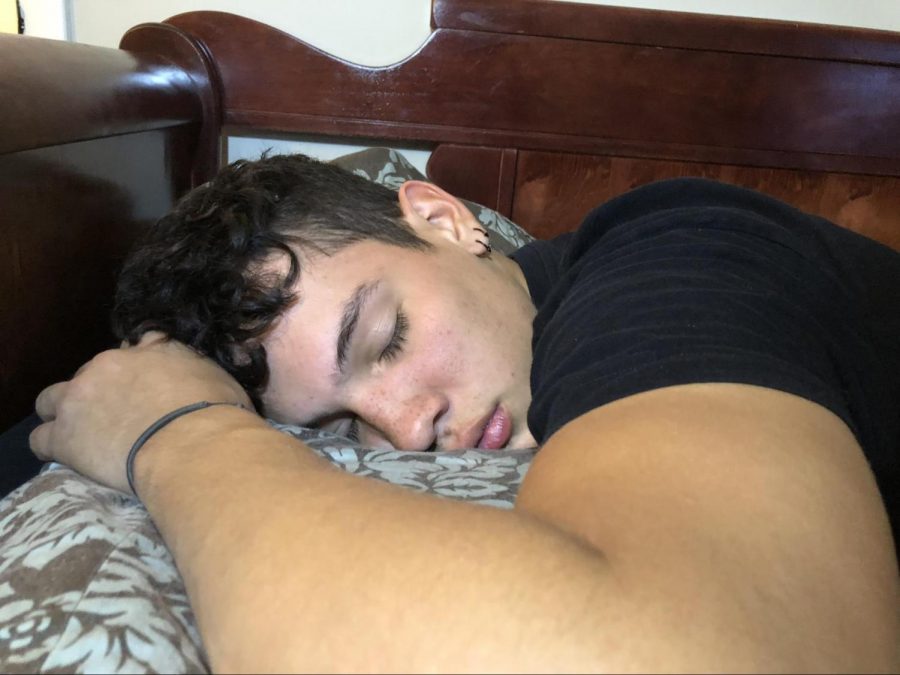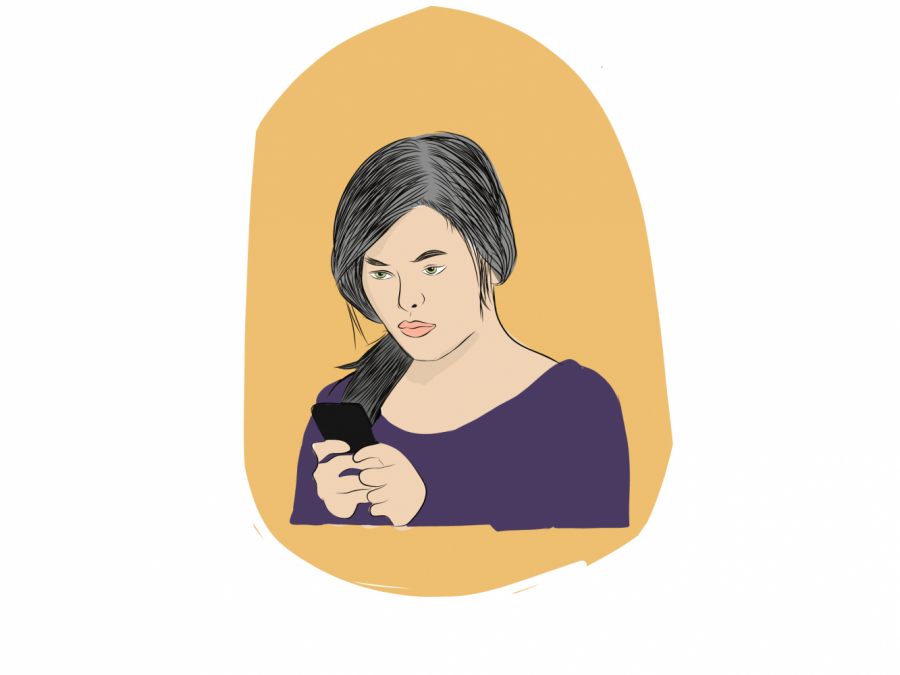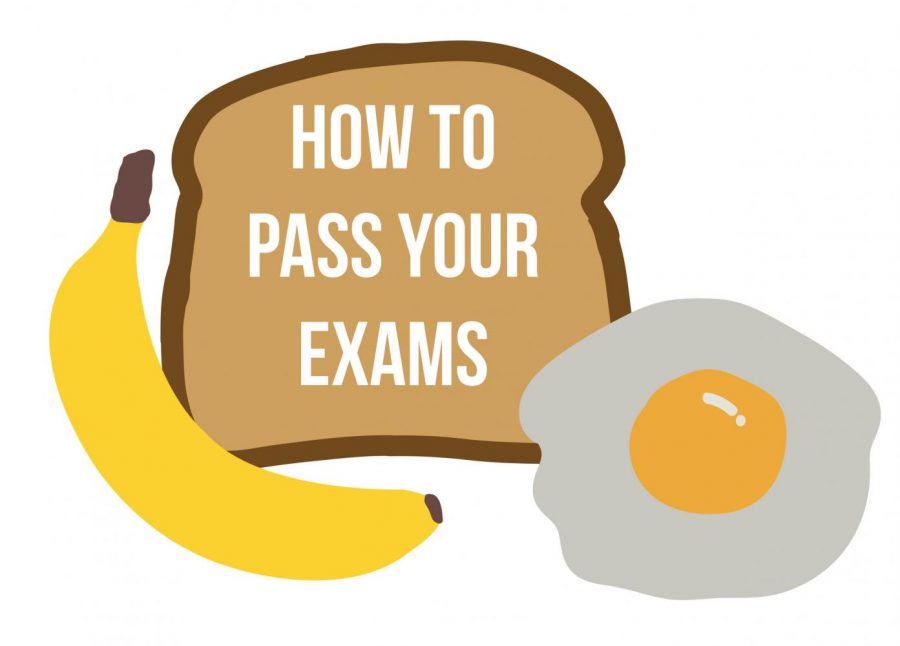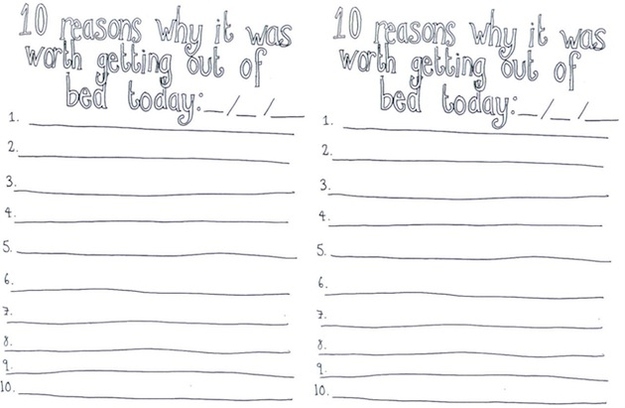It’s the end of the school year in your biology class. EOCs and final exams are over, and summer fever is slowly invading the minds of every student in the school, dropping their motivation levels six-feet under. You assume you’ll just be doing minimal, no-thinking-required work, when your teacher announces that you’ll be going over a quick unit on “Sex-Ed,” and a round of giggles ripple around the classroom.
Sexual Education at school isn’t so much about learning what sex is, but rather the risks that come with having unprotected sex. From STDs to a brief review of the body’s anatomy, sex-ed seems to be just a repetition of things we have heard since sixth grade.
Sex is generally a taboo subject in our society, despite its very strong presence in the media. We are entering an age where people aren’t letting others do what they want with their bodies, even if that means being promiscuous or not. It doesn’t help that the stigma that sex is the “end all be all” is still prominent in school education. Telling a teenager not to do something is bound to make said teenager do that thing.However, if they already have a stable knowledge of the risks that come with engaging in unprotected sex, regretful decisions could be avoided.
As the famous line from Mean Girls goes: “if you have sex you’ll get pregnant and die.” This essentially sums up what sex-ed at school is like; in reality, schools should teach kids about safe ways to engage in sex, if that is the path they choose to take. Yes, warning students about the dangers of having unprotected sex is important and should continue to be a part of the education; however,it shouldn’t be taught from the standpoint that abstinence is the best option. Condoms and birth control pills are lightly grazed over, while talk of STD’s dominates the entire lecture.
A study done in Britain, conducted by Clare Tanton, assessed if the school education system was meeting the student’s sexual information needs. Out of the participants, 95% stated that they received their sex-education from school, and the study discovered that from between 1990 and 2012, “most young people reported not knowing enough when they first felt ready for sexual experience.” They were more interested in information about physchosexual matters and contraceptions, rather than just solely learning about STDs.
We live in a society that praises men for having sex and shames women for doing the same. Sex education does not encourage students to go out and have sex; it lets them have a better understanding of their bodies and let’s them make the big decision for themselves.























































